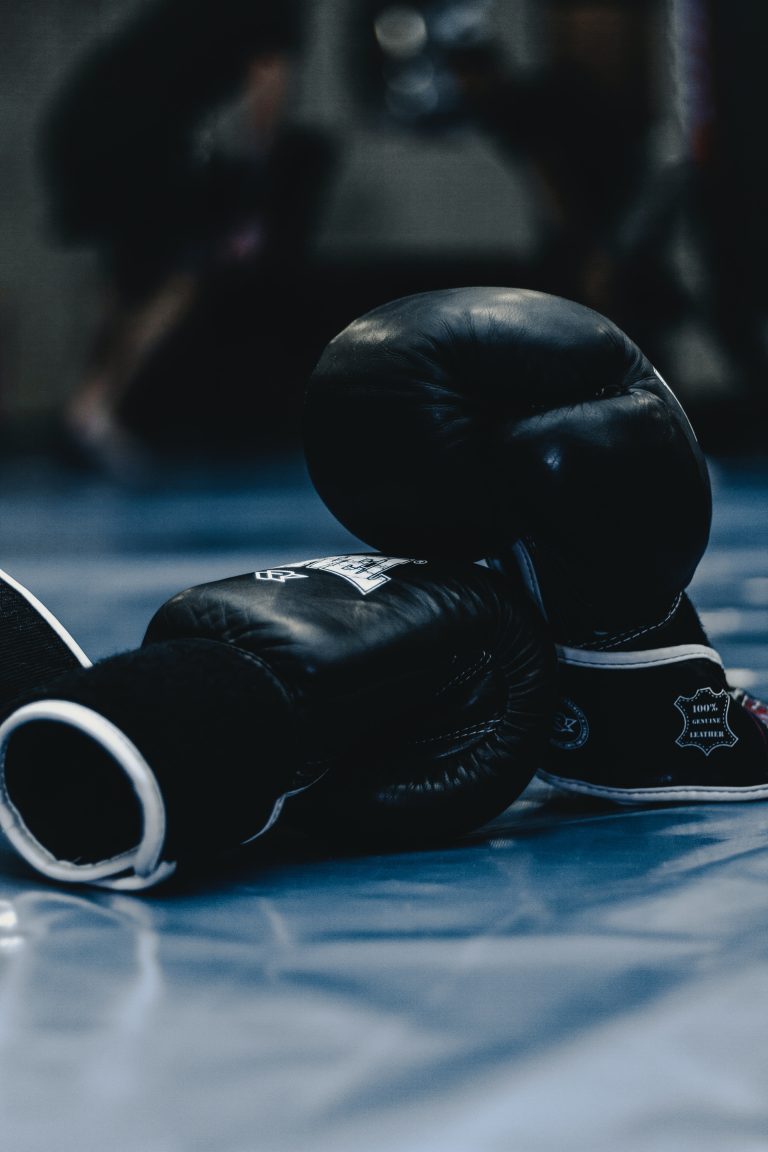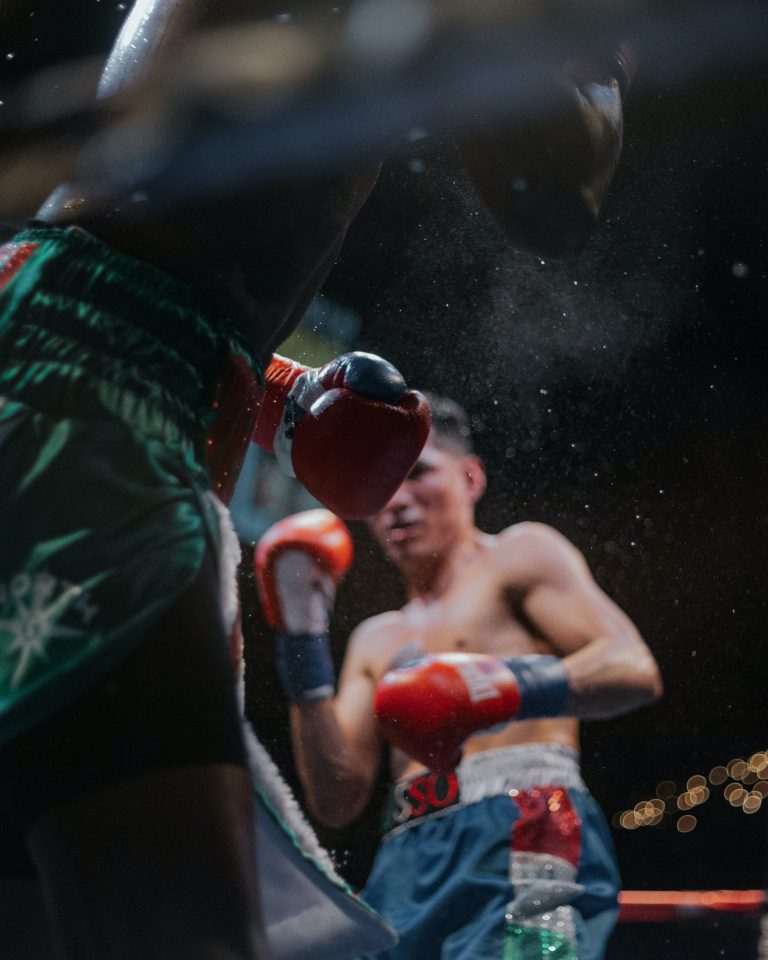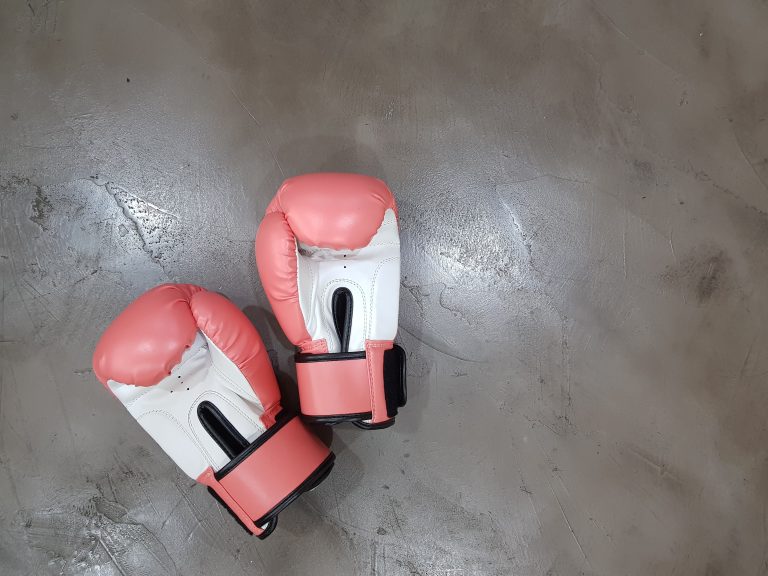Karate vs. Judo für Selbstverteidigung
Wenn es um Selbstverteidigung geht, gibt es viele verschiedene Kampfkünste zur Auswahl. In diesem Blog werden wir uns mit Karate und Judo beschäftigen und die Vor- und Nachteile der beiden vergleichen.
Karate
Karate ist eine japanische Kampfkunst, die sich auf schnelle Schläge, Tritte und Stöße konzentriert. Es ist eine effektive Möglichkeit, sich gegen einzelne Angreifer zu verteidigen und kann in brenzligen Situationen Leben retten.
Ein weiterer Vorteil von Karate ist, dass es ein hartes Training beinhaltet, das stärkere Schläge und Tritte ermöglicht. Es ist auch eine großartige Möglichkeit, körperlich fit und agil zu bleiben.
Nachteile von Karate als Selbstverteidigungskunst sind, dass es sich oft auf den Angriff konzentriert, ohne viel Wert darauf zu legen, wie man aus einer ungewollten Berührung entkommen kann. Es ist auch weniger effektiv gegen mehrere Angreifer.
Judo
Judo ist eine japanische Kampfkunst, die auf Würfen und Bodenkampf basiert. Im Gegensatz zu Karate betont es das Blocken und Ausweichen von Angriffen und das Abhören des Gegners, um ihn zu werfen oder ihn so zu beeinflussen, dass man aus der Gefahrenzone entkommen kann.
Ein Vorteil von Judo ist, dass es oft als sanfter betrachtet wird als andere Kampfkünste, da der Schwerpunkt auf Würfen und Bodenkampf liegt. Aber das bedeutet nicht, dass es weniger effektiv ist als andere Kampfkünste. Judo ist auch für Menschen jeden Alters und jeder Größe zugänglich.
Die Nachteile von Judo als Selbstverteidigungskunst sind, dass es weniger effektiv gegen bewaffnete oder mehrere Angreifer ist. Es setzt auch eine gewisse körperliche Stärke voraus, um effektiv zu sein, was für manche Menschen ein Hindernis darstellen kann.
Fazit
Beide Karate und Judo haben ihre Vor- und Nachteile als Selbstverteidigungskunst. Es hängt von der Situation und der Person ab, welche Kampfkunst am besten geeignet ist. Ein wichtiger Faktor bei der Wahl der richtigen Kampfkunst ist auch das Training. Eine gute Schule mit einem qualifizierten Lehrer kann den Unterschied ausmachen, wenn es um die Selbstverteidigung geht.
Karate vs. Judo for Self-Defense: Frequently Asked Questions
Self-defense is an essential skill in today’s world. With increasing crime rates and the unpredictability of unfortunate situations, it’s essential to know how to protect oneself. Martial arts, such as karate and judo, are two popular options for self-defense. While both martial arts have their unique benefits, there are some frequently asked questions about which one is better for self-defense. In this blog post, we will answer some of the most commonly asked questions about karate and judo for self-defense.
What is Karate?
Karate is a martial art that was developed in Okinawa, Japan, in the late 19th century. It involves striking and kicking techniques and focuses on a person’s physical and mental abilities. Karate training emphasizes developing speed, power, and agility with fast and precise movements. Kata, or forms, are an essential part of karate training and help develop muscle memory for self-defense techniques.
What is Judo?
Judo, like karate, is a martial art from Japan, but it is primarily focused on grappling and throwing techniques. Judo’s fundamental principle is to use an opponent’s force against them, making it an effective form of self-defense for weaker individuals to subdue their attackers. Judo training emphasizes physical fitness, balance, and coordination, and involves practicing throws, pins, and chokes, and involves sparring.
Which is Better for Self Defense: Karate or Judo?
Both karate and judo can be effective for self-defense. The choice between the two depends on a person’s physical abilities, personal preferences, and the situation they may find themselves in. When it comes to self-defense, it’s essential to learn techniques that create distance between oneself and the attacker.
Karate’s focus on striking techniques gives one the ability to keep a safe distance from an attacker, and its training methods emphasize quick movements to evade or counterattack strikes. Judo provides opportunities to safely neutralize an attacker with throws, pins or arm locks without injuring them, which can be beneficial in situations that involve unexpected physical contact such as street fighting or muggings in crowded areas. So it’s not much about what’s better, but more about what fits your own needs.
Is One Better Than the Other for Women?
Both karate and judo can be effective martial arts for self-defense for women. According to martial arts experts, judo is an excellent choice for women because of its focus on leverage and using an attacker’s strength against them, which can allow the weaker person to overcome the stronger one. Judo also provides many joint locks and chokeholds that can quickly end a confrontation.
On the other hand, women who prefer to keep their distance from their attackers may prefer karate’s focus on striking and kicking techniques. With proper training, a smaller or weaker person can execute effective strikes to vulnerable areas on an attacker’s body, creating openings for escape or continued self-defense.
Which Martial Art is Easier for Beginners to Learn?
Both karate and judo require hard work, dedication, and focus. Karate may be easier for beginners to learn because it focuses on striking and kicking techniques, which can be mastered with practice. Judo, on the other hand, requires more precise movements and body positioning in executing throws and holds which may take longer to learn. However, it is important to note that the efficiency and the number of moves learned in both arts heavily depends on the instructor’s quality, teaching style, and the student’s mindset and ability to absorb and implement the techniques learned.
Which Martial Art is Better for Developing Discipline?
Both martial arts require their students to be disciplined and focused. However, karate heavily emphasizes discipline and mental training as a fundamental aspect of the art. This is reflected in the required use of traditional etiquette, the emphasis on respect towards all, and the use of regular bowing and forms practice in training. This helps students develop self-control, self-respect, and personal responsibility.
Judo also emphasizes respect and discipline, but in a different way than karate does. Judo training involves practicing techniques that require control and precision and prioritizes safety, respect and mutual learning, which leads to the development of humility and honest self-assessment. In addition, Judo values the importance of teamwork and mutual support, which often leads to lifelong friendships among training partners.
Conclusion
In conclusion, both karate and judo can be effective martial arts for self-defense. Which one to choose depends on an individual’s physical ability, personal preferences, and the situation they may find themselves in. Karate’s focus on striking and kicking techniques may appeal to those who prefer to keep their distance from their attacker while Judo, with its grappling and throwing techniques and efficiency of immobilization, may work for those who deal with unexpected physical contact in the form of wrestling, grabbing, or surprise chokes. Ultimately, the quality of instruction and one’s level of commitment matter much more than the style you choose in determining your progress in either art.
Inhaltsverzeichnis






